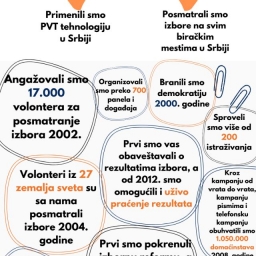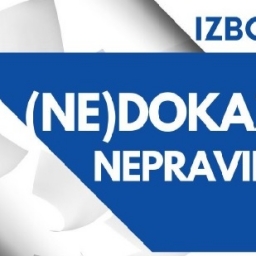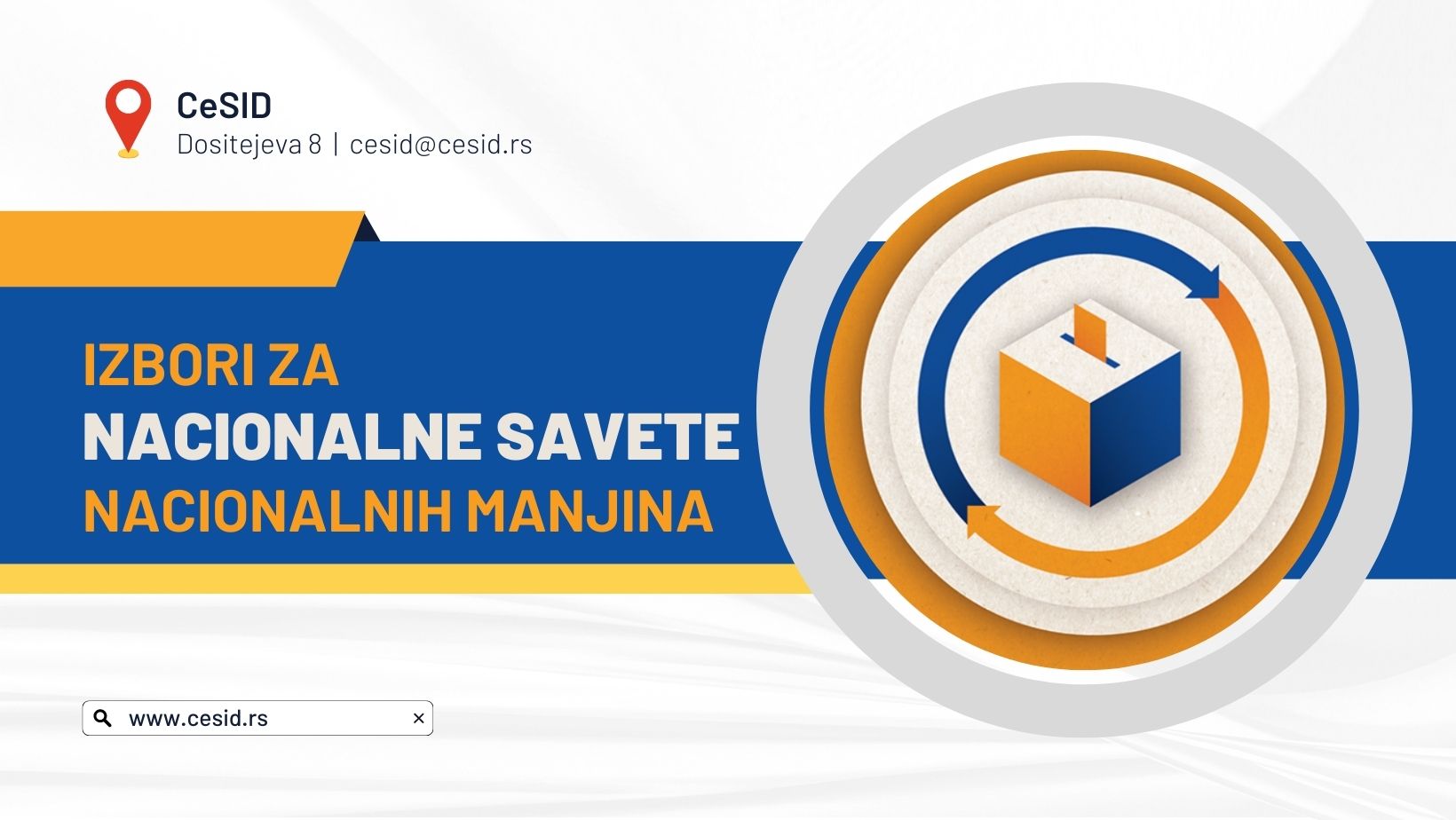*English below*
Kao jedan od najvažnijih rezultata dogovora postignutog u okviru dva koloseka međustranačkog dijaloga koji su se vodili tokom 2021. godine, ali i kao odgovor na preporuke ODIHR nakon prethodnih parlamentarnih izbora, usvojeni su novi izborni zakoni koji su između ostalog postavili i novi sistem zaštite izbornih prava i rešavanja izbornih sporova samo dva meseca pre predsedničkih, parlamentarnih i beogradskih izbora.
Među najvažnijim izmenama koje su uvedene bile su promene rokova za podnošenje prigovora i zahteva, decentralizacija procesa zaštite izbornog prava i promene u kriterijumima za poništavanje glasanja i njegovo ponavljanje. U ovim okolnostima, postalo je presudno važno analizirati da li i kako novouspostavljeni sistem zaštite izbornih prava funkcioniše, posebno u kontekstu međunarodnog principa da se suštinske izmene u izbornim pravilima ne vrše u godini u kojoj se sprovode izbore.
U tom kontekstu, CeSID-ov tim analizirao je nešto manje od 1.300 objavljenih rešenja i presuda donetih i usvojenih od strane lokalnih izbornih komisija, Republičke izborne komisije i Upravnog suda, kako bi se utvrdilo koliko je novi sistem efikasan, efektivan, transparentan i pravičan.
Uvid u sva dokumenta koja su bila objavljena na sajtu RIK-a dopunjen je i prisustvom na više od stotinu sednica Republičke izborne komisije i Gradske izborne komisije u Beogradu u periodu od februara do jula 2022. godine.
Analiza je dostupna za preuzimanje na srpskom i na engleskom jeziku.
A key outcome of the agreement reached in the two-track inter-party dialogue of 2021, and in response to recommendations made by the Office of Democratic Institutions and Human Rights (ODIHR), has been the enactment of new electoral legislation, which also instituted a new election dispute resolution framework that took effect only two months before general, presidential and Belgrade city elections.
Among the key changes were revised deadlines for filing, the decentralization of the complaints process at the local level and a change in criteria to request audit, annulment, or repoll. These considerations have made it crucially important to assess whether and how the new election dispute resolution framework operates, especially in the context of good practice and a principle that fundamental changes should not be introduced in a period of six months to a year prior to elections.
In this context, CeSID’s team analyzed slightly less than 1,300 published decisions and judgments adopted by the local electoral commissions, the Republic Electoral Commission and the Administrative Court, in order to determine how efficient, effective, transparent and fair the new system is.
Insight into all the documents that were published on the RIK website was supplemented by attendance at more than a hundred sessions of the Republic Electoral Commission and the City Electoral Commission in Belgrade in the period from February to July 2022.
The analysis is available for download in Serbian and in English.









